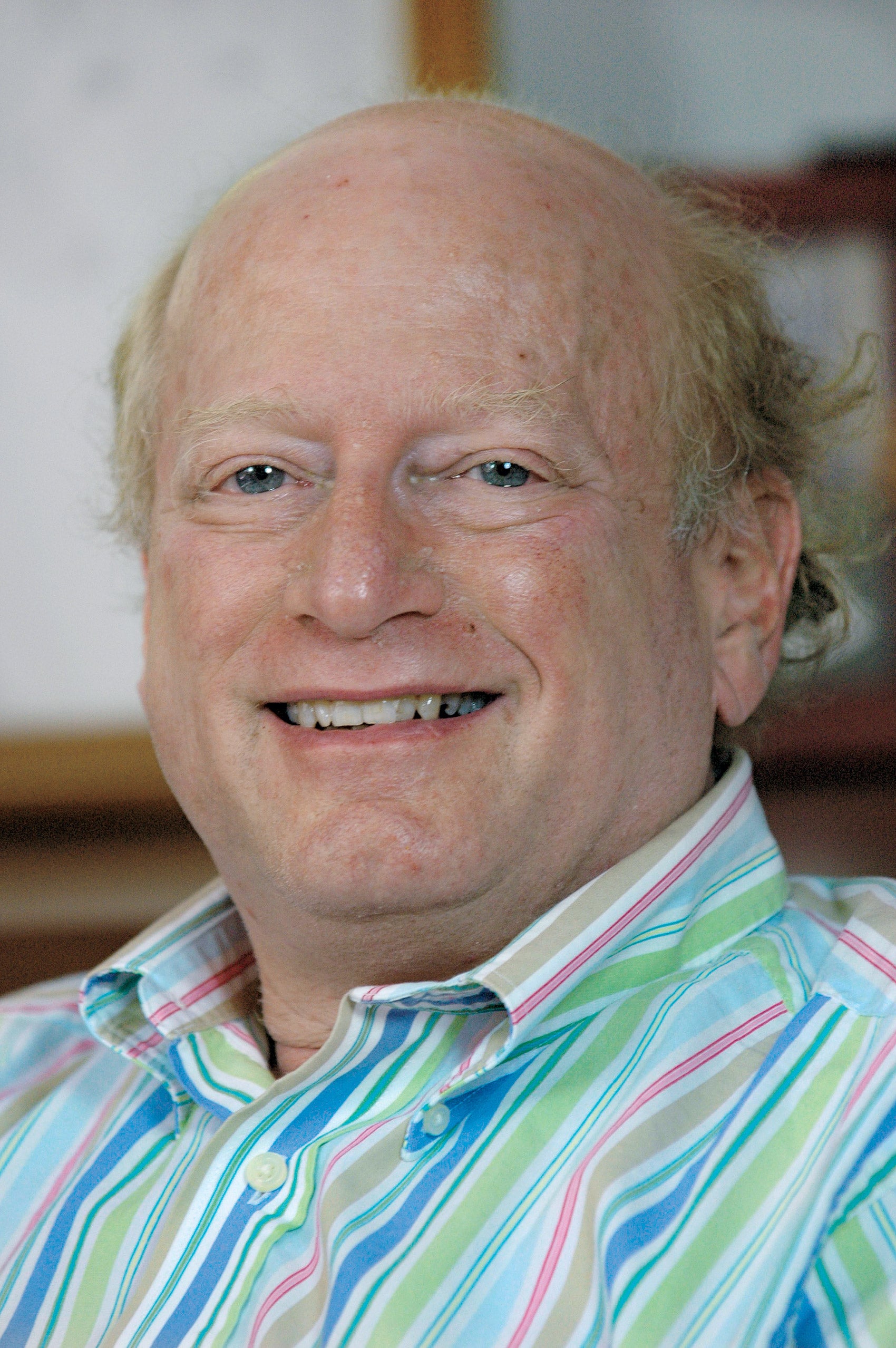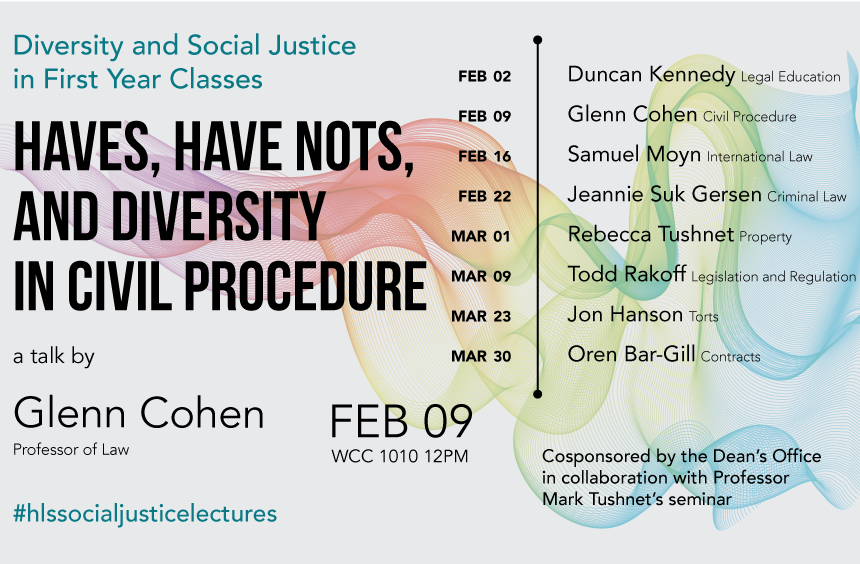
Credit: Phil Farnsworth Professor Mark Tushnet
During this year’s spring semester, Mark Tushnet, the William Nelson Cromwell Professor of Law, is teaching a novel seminar called “Diversity and Social Justice in First Year Classes.” It combines classroom teaching with an eight-part public lecture series examining how issues of diversity and social justice can be integrated into the core 1L classes.
As the series and class began in February, he discussed the seminar with Harvard Law Today.
Can you give a brief description of this seminar?
The seminar is in conjunction with the lecture series. In the seminar, we’ll be doing two things. One is talking about what the lecturers have said, reflecting on the lectures, asking whether what they have to say captured and accurately described the experience the students had in their first-year classes. In addition, the writing part of the seminar involves seminar members developing a set of materials on issues of diversity and social justice in some first-year class. The idea is to develop the equivalent of one-day’s-worth of teaching materials on some topic – such as contracts or torts or another class – and develop the materials in a way that would present cases in a way that exposed or invited reflection on issue of diversity and social justice.
How did this seminar come about?
Two things flowed together. One is that last semester I coordinated the lecture series on Diversity in U.S. Legal History, which grew out of some ideas the dean had had, and I was happy to pursue. This is in part a follow-up to that or an extension of it.
The other thing is that last fall I was at the University of California, Berkeley, Law School and saw a poster for a lecture series they had called Core in Context. It was aimed at first-year students, and the idea was to give an orientation in a social justice kind of way. It seemed like an interesting idea and a sensible possible follow on to the Legal History lecture series.
I suggested it to Dean Minow, and she was interested, and, as she did with the prior series, agreed to provide support for the lecture series. Last semester I had a reading group. I thought it made sense to make it a little more intellectually structured or demanding of writing, so I converted it into a seminar.
How did you choose the speakers for the series?
I looked at the people who were teaching first-year classes, and made some judgments about who might give interesting talks. My guess is virtually everybody could. The first person I asked out of each group said yes. Everybody was happy to do it.
How many students are enrolled? And do you know what may have drawn them to take it?
Twenty students are enrolled. We meet next week for the first time, so I can’t say exactly what their reasons are. I know some of them from prior classes. My guess is most of them are there out of an interest in social justice.
I do have the hope that we might be able to figure out some way to publish some or all of the material that students develop. I don’t quite know what the form would be. Probably the easiest thing would to do it through the Journal of Legal Education as an article and have links to materials.
In addition to the lecture series, what are the other elements of the class? Texts? Other materials?
There are no independent readings. It’s the lecture and developing your own materials. They’ll need to look at existing casebooks and find some topic within it And then find the case they want to do and develop a class from there. Not everyone will be reading the same cases.
The course description says: “Students will be required to prepare a “unit” of materials dealing with some doctrinal topic in a first year course (of their choice) in which issues of diversity and social justice are incorporated.” Can you elaborate on that?
In the first talk, Duncan Kennedy describes a single case that’s used in torts casebooks to deal with the intentional tort of false imprisonment. He talks it through and then talks about social justice and diversity issues that could be part of the discussion of that case.
That’s sort of a model. You could go through a property book and find something that would ordinary be taught in a first-year class and develop a fairly well defined set of materials.
In her talk, Rebecca Tushnet will do the talk on property. She has a set of property materials on land use in the St. Louis area, which raise social justice issues in different ways. The major Supreme Court racial restrictive covenant case comes from St Louis. There are important mortgage refinancing cases from the housing crisis. She pulls them together as a way of talking about urban land use and social justice.
Is this part of an effort to incorporate diversity and social justice topics into first-year courses?
Certainly not on my part. On my part it’s interesting and worth doing. I’m not a proselytizer for it. To the extent that there is some effect that it is good, it’s a modeling effect — a signal from the institution that this is something worth doing.
***
The series continues on February 9 when Professor Glenn Cohen delivers a talk titled “Haves, Have Nots, and Diversity in Civil Procedure.” For more information, visit https://hls.harvard.edu/event/diversity-and-social-justice-lecture-series-civil-procedure/
